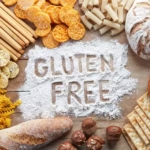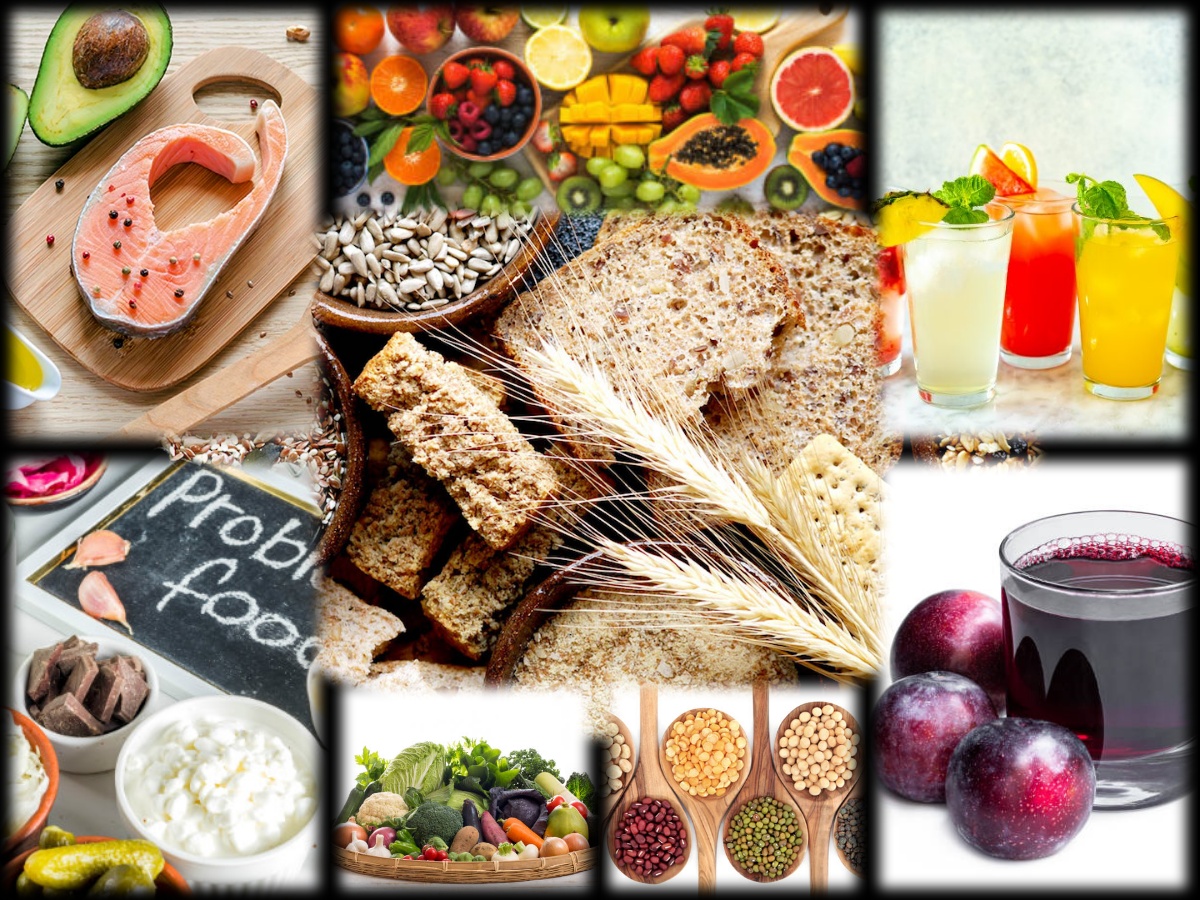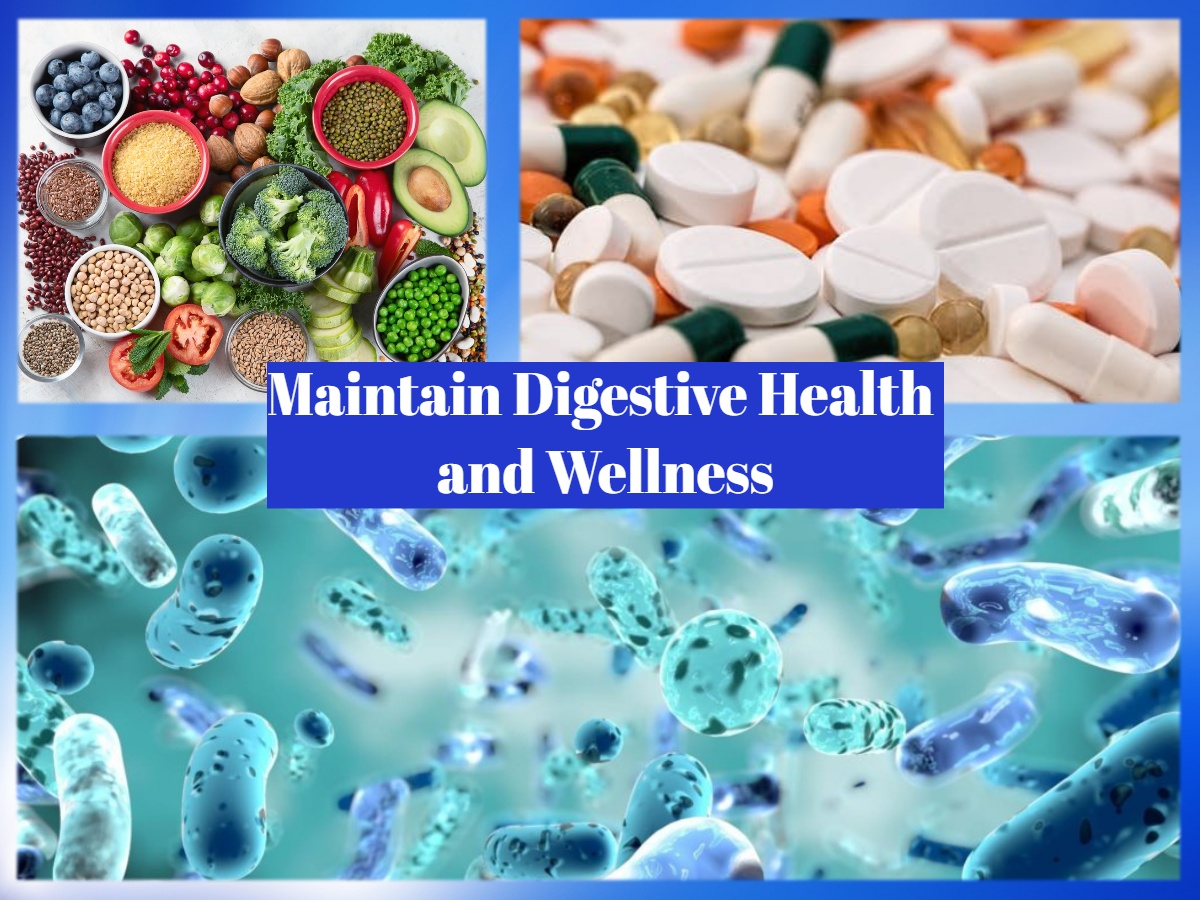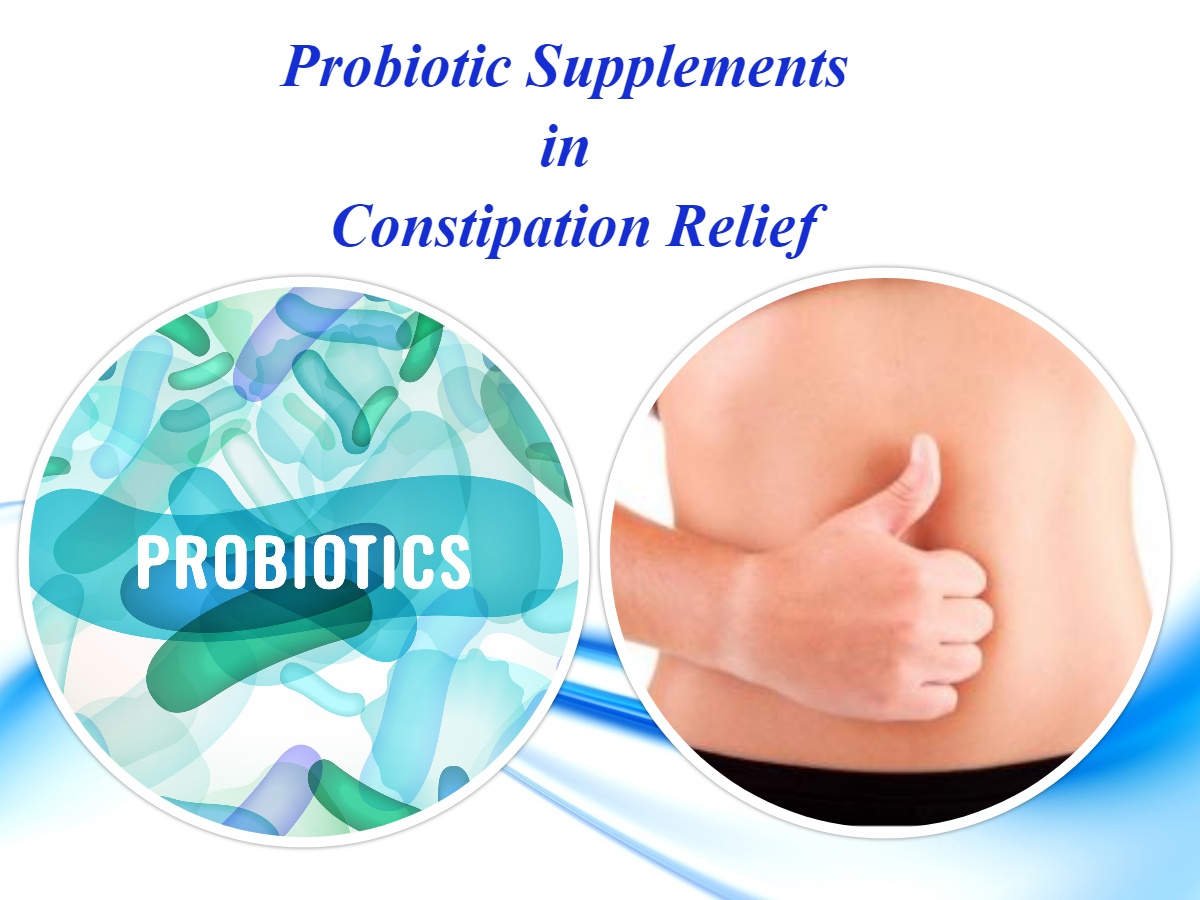“Explore ‘Constipation Demystified’: Uncover the symptoms, root causes, and holistic treatments for constipation in our comprehensive guide. Learn how to manage and prevent this common digestive issue naturally for improved gut health and well-being.”
Table of Contents
Understanding Constipation
Constipation is a common digestive issue that affects individuals of all ages. It’s characterized by infrequent bowel movements or difficulty passing stools. Understanding the symptoms and identifying the causes is the first step towards finding relief.
Symptoms to Watch For
- Infrequent Bowel Movements: Experiencing fewer than three bowel movements per week is a common sign of constipation.
- Hard or Lumpy Stools: One of the most telltale signs of constipation is when stools are hard, dry, and difficult to pass. This can make the process of going to the bathroom uncomfortable and sometimes painful.
- Straining During Bowel Movements: If you find yourself straining or exerting a lot of effort to have a bowel movement, it might be a sign of constipation.
- Feeling of Incomplete Evacuation: After going to the bathroom, if you have a sensation that you haven’t fully emptied your bowels, this could indicate constipation.
- Bloating or Abdominal Pain: Constipation can cause discomfort in the form of bloating or pain in the abdomen. This discomfort can range from mild to severe.
- Decreased Appetite: In some cases, constipation can lead to a decrease in appetite due to the feeling of fullness or discomfort in the stomach.
- Nausea: A build-up of waste in the digestive system can sometimes cause nausea, which is another symptom to be aware of.

Root Causes of Constipation
- Dietary Habits: One of the most common causes of constipation is a diet low in fiber. Fiber helps to bulk up stools and promotes their movement through the digestive tract. Foods low in fiber but high in fats (such as cheese, meat, and processed foods) can slow down digestion.
- Hydration: Adequate water intake is essential for preventing constipation. Water helps to soften stools, making them easier to pass. Dehydration can lead to hard, dry stools that are difficult to pass.
- Physical Activity: Lack of physical activity can lead to constipation. Regular exercise helps stimulate intestinal activity and bowel movements.
- Medications: Some medications, including painkillers, antidepressants, antacids containing aluminum or calcium, and some blood pressure medications, can cause constipation as a side effect.
- Age: As people get older, their metabolism slows down, which can affect bowel movement frequency. Additionally, older adults are more likely to take medications that can cause constipation.
- Changes in Routine: Traveling or other changes in routine can affect the digestive system. This includes changes in diet, fluid intake, and exercise habits.
- Ignoring Bowel Urges: Regularly ignoring the urge to have a bowel movement can lead to constipation. Over time, this can cause the body to stop signaling the need to go.
- Stress: Psychological stress and anxiety can significantly affect the digestive system and lead to constipation. Stress can slow down the digestive process, making it harder for stool to move through the colon.
- Medical Conditions: Certain medical conditions, such as diabetes, irritable bowel syndrome (IBS), Parkinson’s disease, thyroid disorders, and others, can cause constipation as a symptom.
- Overuse of Laxatives: Regular use of laxatives can weaken the bowel muscles, leading to chronic constipation. This is because the body becomes reliant on them for bowel movements.

The Role of Hydration
- Stool Softening: Water is absorbed in the intestines, which helps to soften the stool. Adequate hydration ensures that the stool remains soft and moist, making it easier to pass. Conversely, when the body is dehydrated, the colon absorbs more water from the stool, making it harder and drier, which can lead to constipation.
- Digestive Health: Proper hydration aids in the digestion process by helping dissolve fats and soluble fiber, allowing these substances to pass through the intestines more easily. This process is essential for the smooth operation of the digestive system and for preventing blockages that can result in constipation.
- Promoting Bowel Movements: Regular intake of water can help maintain a healthy balance of fluids in the body, which supports regular bowel movements. Drinking sufficient amounts of water can stimulate the intestines and increase peristalsis, the muscle contractions that move food through the digestive tract.
- Preventing Dehydration: Dehydration is a common risk factor for constipation. When the body lacks sufficient fluids, it prioritizes hydrating vital organs over keeping the stool soft, which can lead to constipation. Therefore, staying adequately hydrated is preventive against this condition.
- Recommended Water Intake: Although individual hydration needs can vary, a general guideline is to aim for about 8 glasses (approximately 2 liters or half a gallon) of water per day. Factors such as body size, activity level, climate, and health conditions can influence how much water one should drink.
- Hydrating Foods: Besides drinking water, consuming hydrating foods like fruits and vegetables (cucumbers, watermelons, oranges, and lettuce, for example) can contribute to overall fluid intake and aid in preventing constipation. These foods also provide fiber, further aiding in digestion.
- Monitoring Hydration Levels: Paying attention to the body’s hydration cues, such as the color of urine (clear or light yellow is ideal), can help ensure adequate hydration levels are maintained. Thirst is often a late indicator of dehydration, so regular water intake throughout the day is recommended.

Stress and Its Effects
- Disruption of Digestive Processes: Stress activates the body’s “fight or flight” response, which can alter normal digestive processes. When the body is under stress, it diverts energy and blood flow away from the digestive system, which can slow down digestion and lead to constipation.
- Altered Gut Motility: Chronic stress can affect gut motility, the movements of the digestive system that propel food through the gastrointestinal tract. Stress can lead to either slowed down or sped up gut motility, but in the case of constipation, it often results in reduced motility, making bowel movements less frequent.
- Changes in Gut Microbiota: Emerging research suggests that stress can impact the balance of bacteria in the gut, known as the gut microbiota. An imbalance in these bacteria can affect gut health and function, potentially leading to or exacerbating constipation.
- Impact on Healthy Habits: High levels of stress can disrupt healthy eating and exercise habits. People under stress might eat more processed and low-fiber foods or exercise less, both of which can contribute to constipation. Additionally, stress can lead to dehydration if one forgets to drink enough water, further increasing the risk of constipation.
- Stress-Induced Inflammation: Chronic stress can lead to inflammation within the gastrointestinal tract, which can affect bowel movements and contribute to the development of constipation.
- Psychological Factors: The psychological impact of stress, including anxiety and depression, can also contribute to constipation. These conditions can further disrupt digestive processes and exacerbate symptoms of constipation.
Managing Stress to Alleviate Constipation
Addressing stress is a crucial step in managing constipation. Techniques such as regular exercise, meditation, deep breathing exercises, and yoga can help reduce stress levels. Additionally, seeking support from friends, family, or a mental health professional can be beneficial in managing stress more effectively. Establishing a routine that includes time for relaxation and activities that you enjoy can also help in mitigating the effects of stress on your digestive system.

Holistic Treatments for Constipation
1. Dietary Adjustments
- High-Fiber Foods: Incorporate more fiber-rich foods into your diet, such as fruits, vegetables, whole grains, legumes, nuts, and seeds. Fiber helps increase stool bulk and promotes regular bowel movements.
- Hydrating Foods: Eat foods with high water content to aid hydration and stool softening, including cucumbers, celery, watermelon, and oranges.
- Probiotic Foods: Foods like yogurt, kefir, sauerkraut, and kimchi contain probiotics that can improve gut health and encourage regular bowel movements.
2. Hydration
- Water Intake: Drinking enough water is crucial for softening stools and preventing constipation. Aim for at least 8 glasses of water a day, more if you’re active or in a hot climate.
- Herbal Teas: Certain herbal teas, such as dandelion, ginger, and peppermint, can aid digestion and hydrate the body.
3. Regular Exercise
- Physical Activity: Regular exercise helps stimulate intestinal activity, promoting bowel movements. Activities like walking, swimming, yoga, and cycling are beneficial.
- Stretching and Yoga: Specific yoga poses and stretches can stimulate the digestive system and help relieve constipation.
4. Stress Management
- Meditation and Deep Breathing: Practices that reduce stress can help manage constipation by relaxing the digestive tract and promoting regular bowel movements.
- Mindfulness and Relaxation Techniques: Activities that promote relaxation, such as reading, taking baths, or practicing mindfulness, can reduce stress-related constipation.
5. Herbal Remedies
- Psyllium Husk: A natural fiber supplement that can help bulk up stool and make it easier to pass.
- Senna: An herbal laxative that stimulates bowel movements, but should be used with caution and not for long periods.
- Aloe Vera: Known for its laxative effect, aloe vera can help relieve constipation. It’s available in juice form but should be used sparingly due to its potency.
6. Routine and Timing
- Regular Bathroom Schedule: Establishing a regular time each day to try to have a bowel movement can help train your digestive system for regularity.
- Position and Posture: Using a footstool to elevate your feet while on the toilet can mimic a squatting position, which is more conducive to bowel movements.
7. Acupuncture and Acupressure
- Traditional Chinese Medicine Techniques: Acupuncture and acupressure may help in managing constipation by targeting specific points in the body to stimulate digestion.
8. Massage
- Abdominal Massage: Gently massaging the abdomen in a clockwise direction can help stimulate the intestines and aid in the movement of stool through the colon.

Hydration Tips
1. Drink Plenty of Water
- Aim to drink at least 8 glasses of water a day, or about 2 liters. This amount can vary based on your activity level, climate, and overall health. Listen to your body and drink when you’re thirsty.
2. Incorporate Hydrating Foods
- Include fruits and vegetables with high water content in your diet. Watermelon, cucumber, oranges, strawberries, lettuce, and celery are excellent choices that help increase your fluid intake.
3. Start Your Day with Water
- Drinking a glass of water first thing in the morning can kickstart your hydration for the day and stimulate your digestive system.
4. Herbal Teas and Broths
- Herbal teas, such as peppermint, ginger, or chamomile, can be soothing and hydrating. Similarly, broths and soups not only provide hydration but can also be a source of nutrients.
5. Monitor Your Urine Color
- Your urine color can be a good indicator of your hydration status. Aim for pale yellow urine. Dark yellow or amber-colored urine often signals dehydration.
6. Limit Diuretics
- Beverages like coffee, black tea, and alcohol can have a diuretic effect, leading to increased fluid loss. Enjoy these in moderation and compensate with extra water intake.
7. Carry a Water Bottle
- Having a water bottle with you throughout the day can remind you to drink water regularly and ensure you’re adequately hydrated.
8. Flavor Your Water
- If you find plain water unappealing, try adding slices of fruits like lemon, lime, or cucumber for a refreshing twist. This can make it more enjoyable and help you drink more.
9. Set Hydration Reminders
- Use your phone or smartwatch to set reminders to drink water throughout the day, ensuring consistent hydration.
10. Hydrate Before, During, and After Exercise
- Physical activity increases fluid loss through sweat. Drink water before, during, and after exercise to maintain hydration levels and aid recovery.
11. Understand Your Individual Needs
- Certain conditions, such as pregnancy or breastfeeding, can increase your fluid needs. Be aware of your personal circumstances that may require a higher water intake.
The Importance of Regular Exercise
1. Stimulates the Digestive System
Physical activity, especially aerobic exercises like walking, running, cycling, and swimming, increases blood flow to all parts of the body, including the digestive system. This stimulation helps to increase the contractions of the intestinal muscles, ensuring that waste moves through the digestive tract more smoothly and can be eliminated more easily.
2. Improves Gut Health
Regular exercise has been shown to positively affect the composition of the gut microbiota, which plays a significant role in digestion and overall health. A healthier gut microbiota can improve bowel regularity and prevent constipation.
3. Enhances Metabolism
Exercise can boost your metabolism, which in turn can increase the speed at which your body processes food. An efficient metabolism is key to preventing constipation, as it helps to reduce the time food waste remains in the colon.
4. Reduces Stress
Physical activity is a well-known stress reliever. Since stress can negatively affect your digestive system and lead to constipation, engaging in regular exercise can mitigate these effects by reducing stress levels.
5. Strengthens Abdominal Muscles
Exercises that target the core, such as Pilates, yoga, and abdominal workouts, can strengthen the muscles around the intestines and improve their function. Stronger abdominal muscles can help with the expulsion of stool.
Recommendations for Regular Exercise
- Consistency is Key: Aim for at least 150 minutes of moderate aerobic activity or 75 minutes of vigorous activity spread throughout the week, as recommended by health authorities.
- Include Variety: Combine aerobic exercises, strength training, and flexibility exercises to benefit your entire body, including your digestive system.
- Start Slow: If you’re new to exercising, start with short periods of physical activity and gradually increase the duration and intensity as your fitness improves.
- Stay Hydrated: Remember to drink plenty of water before, during, and after exercise to stay hydrated, especially since dehydration can contribute to constipation.
- Listen to Your Body: Choose activities you enjoy and pay attention to how your body responds to different types of exercise. Adjust your routine as needed to find what works best for you.
Stress Management Techniques
1. Regular Exercise
- Exercise is a powerful stress reliever. Activities such as walking, running, swimming, or yoga can help reduce stress hormones and trigger the release of endorphins, your body’s natural mood elevators.
2. Mindfulness and Meditation
- Practicing mindfulness and meditation can help calm your mind, reduce stress, and improve your digestive health. Techniques include focused breathing, guided meditation, and mindfulness-based stress reduction (MBSR).
3. Deep Breathing Exercises
- Deep breathing is a simple yet effective method for reducing stress. Techniques such as diaphragmatic breathing, 4-7-8 breathing, or box breathing can help activate your body’s relaxation response.
4. Adequate Sleep
- Quality sleep is essential for managing stress. Establish a regular sleep schedule, create a restful environment, and avoid screen time before bed to improve sleep quality.
5. Healthy Diet
- A well-balanced diet can impact your stress levels and digestive health. Focus on eating plenty of fruits, vegetables, whole grains, and lean proteins. Limit caffeine and sugar, which can exacerbate stress.
6. Limit Alcohol and Caffeine
- Consuming high amounts of alcohol and caffeine can increase stress levels. Moderation is key to managing stress and preventing its negative impact on digestion.
7. Time Management
- Effective time management can help reduce stress. Prioritize tasks, set realistic deadlines, and take breaks when needed to prevent feeling overwhelmed.
8. Social Support
- Connecting with friends, family, or support groups can provide emotional support and reduce stress. Sharing your experiences and feelings with others can be incredibly therapeutic.
9. Hobbies and Interests
- Engaging in hobbies or activities you enjoy can be an excellent way to relieve stress. Whether it’s reading, gardening, painting, or playing music, find something that brings you joy and relaxation.
10. Professional Help
- If stress becomes overwhelming, seeking help from a mental health professional can be beneficial. Therapies such as cognitive-behavioral therapy (CBT) can provide effective strategies for managing stress.
11. Relaxation Techniques
- Techniques such as progressive muscle relaxation, aromatherapy, or taking warm baths can help reduce stress and promote relaxation.
12. Digital Detox
- Reducing screen time, especially from social media, can lower stress levels. Set aside specific times to unplug and disconnect from digital devices.
Conclusion
Understanding constipation and implementing holistic treatments can lead to significant improvements in digestive health. Remember, a balanced diet, adequate hydration, regular exercise, and stress management are key to preventing and treating constipation.
FAQs
- What is a healthy frequency for bowel movements?
A: While it varies from person to person, typically, three times a week to once a day is considered normal. - Can constipation be a sign of a more serious condition?
A: In some cases, yes. If constipation is accompanied by symptoms like severe abdominal pain, blood in the stool, or unexplained weight loss, it’s important to consult a healthcare provider. - Are laxatives safe for treating constipation?
A: While laxatives can provide relief, they should not be used as a long-term solution without a doctor’s guidance. Overuse can lead to dependency and worsen constipation. - How much fiber should I include in my diet to prevent constipation?
A: Adults should aim for 25 to 30 grams of fiber per day from varied sources for optimal digestive health. - Can probiotics help with constipation?
A: Yes, probiotics can help balance the gut microbiota and improve bowel regularity in some individuals.










